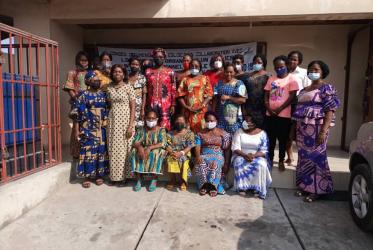Displaying 1 - 12 of 12
Applications open for WCC Eco-School
10 May 2017
Youth engagement fundamental to HIV response
18 April 2017
Pilgrimage of justice and peace gives vision for WCC programmes
22 November 2014









